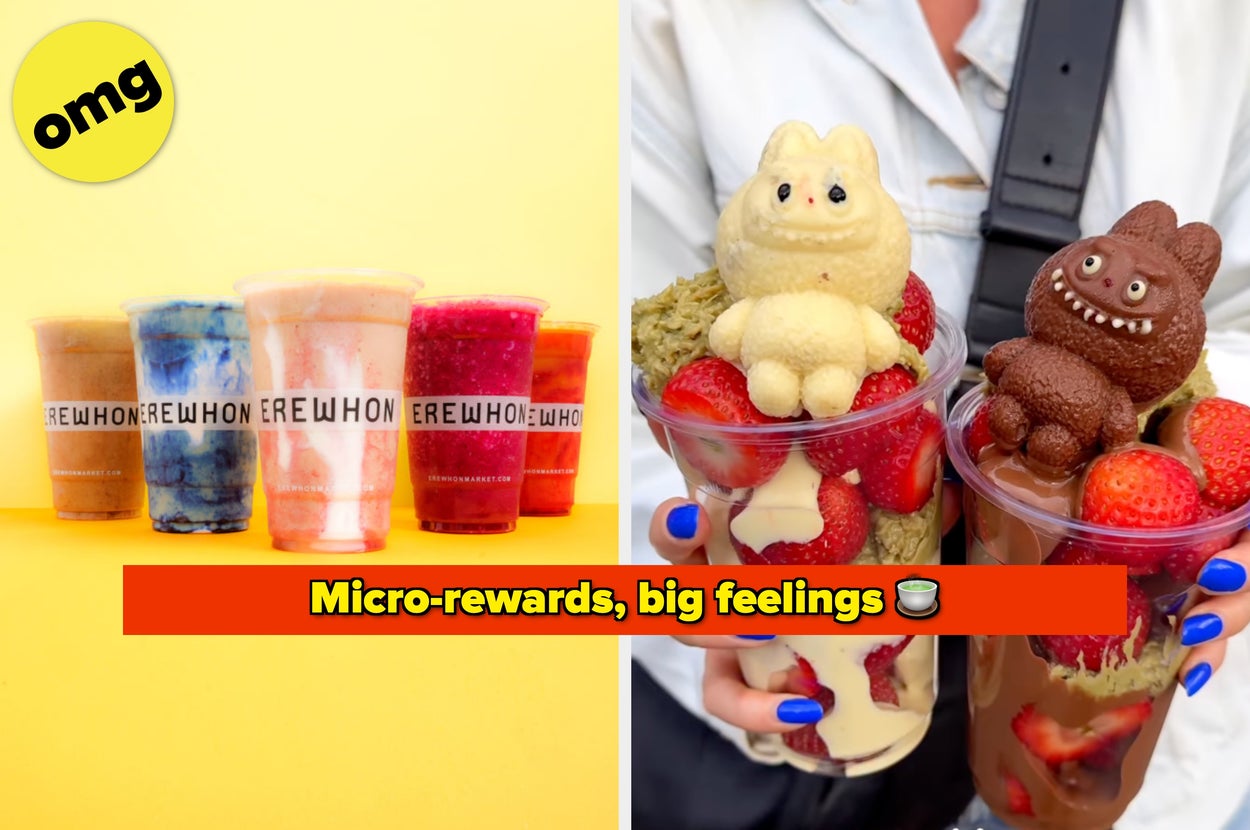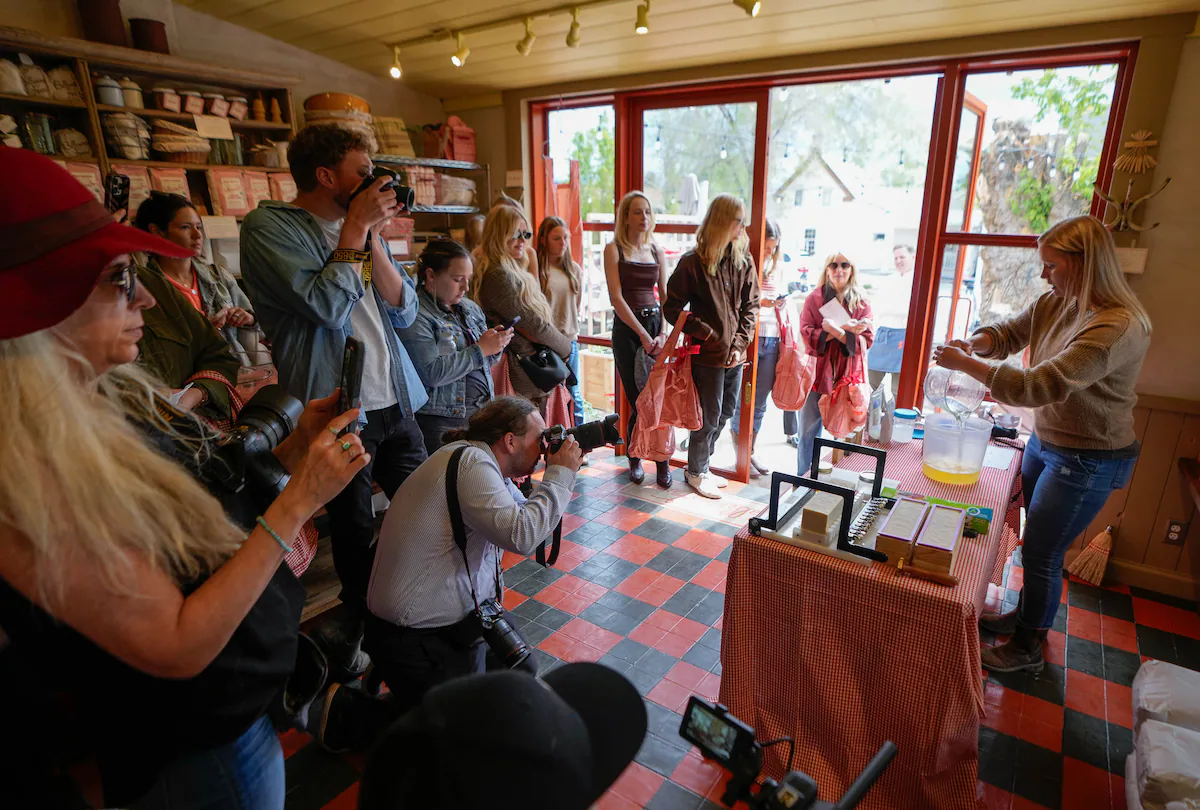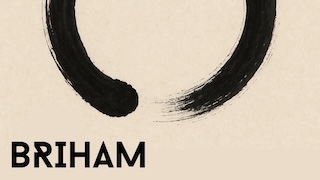From $19 Smoothies To Weird Little Toys, This Is How ‘Little Treat’ Culture Made Coping Feel Like A Trend

It is cute, but is it just burnout in disguise?
Whenever things aren’t going my way, I have a go-to ritual: grabbing a coffee, ordering takeout “because I deserve it,” maybe buying a random lip balm I definitely don’t need but need. I used to think this was self-love. Turns out, it has a name—’little treat’ culture. I thought I was healing. But nope, I was being culturally baited.
And you know how the revelation hit me? I was scrolling on Instagram when I stumbled upon a video that felt way too familiar. Like, “wait, is this what I do?” Guilty. As. Charged.
‘Little treat’ culture is basically capitalism in a cute outfit. It’s that thing where you buy yourself a pastry for surviving a mildly annoying email, or order sushi because you answered two phone calls without crying.
Caitlin Harrison, an associate marriage and family therapist told Huffpost, “Little treat culture is the practice of acknowledging doing something difficult, uncomfortable or boring with a reward of some kind.”
It’s not about big splurges; it’s about micro-rewards that make you feel like the main character in a coming-of-age movie. At this point, most of us are just being held together by iced lattes and the thrill of buying something tiny but unnecessary. For me, what ‘little treat’ culture actually translates to is romanticizing my own burnout, and honestly, a lot of us aren’t far off from the same.
And the wild part is, as the world gets more expensive, brands have gotten really good at making even the tiniest purchases feel aspirational. Buying a tiny makeup product is suddenly “an act of self-appreciation.”
A takeaway coffee is a lifestyle. The bar for what counts as a “treat” keeps getting lower, but somehow the marketing keeps getting fancier. If I can’t afford the big dreams, I might as well romanticize the small ones.
But it’s not just about grabbing anything off the shelf. According to Mondelez, 73% of GenZs are out here reading ingredient labels, wanting the good stuff, not just a sugar hit. And 42% of us? Fully willing to stand in line for a snack that popped off on TikTok or Instagram (Yes, I’ve done it).
Meanwhile, McKinsey says Gen Zs’ spending power is growing twice as fast as older generations, and we’re apparently on track to add $8.9 trillion to the global economy by 2035.
But, where does this culture come from? Noël Wolf, language and TikTok expert told Cosmopolitan, “TikTok trends and subcultures carry with them a type of communication which gives the sense of being part of a clique, while remaining accessible to all.”
I haven’t dropped $19 on an Erewhon smoothie or started hoarding Labubus, but looking at it all, you get the vibe. Labubu isn’t just a weird little toy, it’s comfort. Matcha isn’t just a drink, it’s a whole self-care moment, even after a chips-for-dinner kind of day.
And that Erewhon smoothie? Basically five minutes of peace disguised as wellness. None of it makes much sense, but that’s the point—it’s less about the treat, more about the tiny hit of “I did something nice for myself.”
This might feel like a recent trend, but the idea has been around way longer. According to an article by The New York Times, during tough times, people have always turned to small, affordable luxuries to feel a little more in control, think the old-school “lipstick index” or its cousin, the “nail polish index.” Basically, when the world feels heavy (like, say, during a global pandemic), buying something tiny but nice gives you a weird sense of stability.
Therapists agree—this culture isn’t all bad. In moderation, these tiny rewards can actually help. They give you small bursts of motivation, make everyday routines feel less soul-sucking, and add moments of genuine joy to otherwise meh days. But here’s the catch: when every minor inconvenience needs to be balanced out with a latte, it can spiral.
When every tough moment needs a “little treat,” your brain starts tying joy to spending. What began as a pick-me-up can slip into emotional autopilot.
One way to start breaking up with little treat culture is by finding meaning in the boring stuff.
The trick to breaking up with little treat culture is finding meaning in the boring stuff. Like, doing the dishes isn’t a punishment, it’s me keeping my space (and my brain) from spiraling. It’s not “ugh, chores,” it’s “I’m making life easier for future me.” Treats are great, but they can’t be the only thing holding my day together. Because once the snack’s gone and the shopping bag’s empty, I still want to feel okay on my own.



